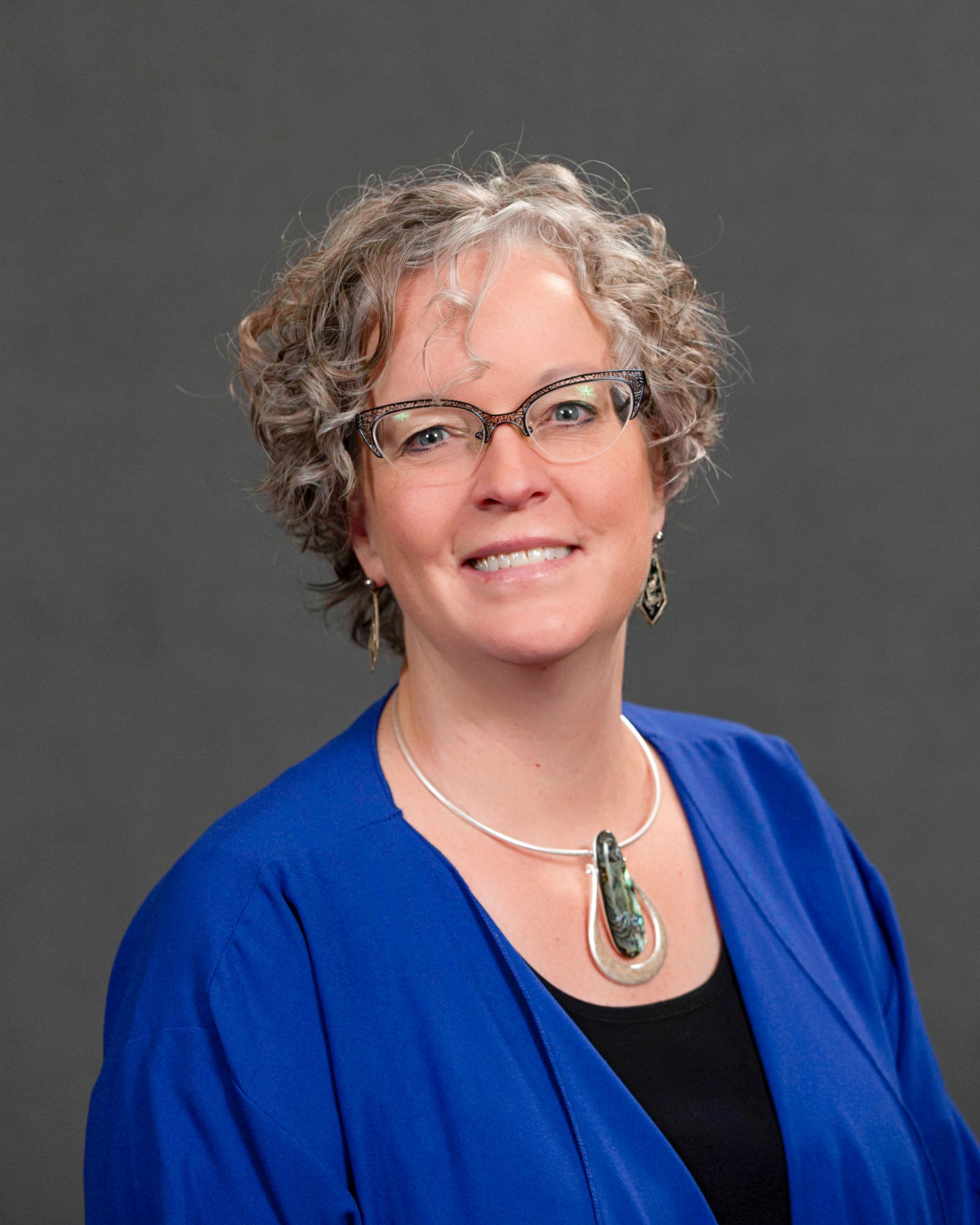Students and Communities Benefit From Investing in Community Colleges
Dr. Kat Linaker, Riverland’s President was a guest columnist in the Owatonna People’s Press last week with the following column:
 Society is currently wrestling with the value of a higher education and whether it offers a worthwhile return on investment. I submit that a Community College education is a sound investment in both the individual and of society. Community Colleges have the power to simultaneously eliminate poverty and stimulate economic growth. How, you ask?
Society is currently wrestling with the value of a higher education and whether it offers a worthwhile return on investment. I submit that a Community College education is a sound investment in both the individual and of society. Community Colleges have the power to simultaneously eliminate poverty and stimulate economic growth. How, you ask?
Community colleges are accessible to everyone, irrespective of their academic and economic background. These institutions serve those who cannot afford other avenues of education and training. Community colleges support their students by helping with basic needs such as food, housing, and childcare in addition to providing robust academic supports. By providing an affordable education, community colleges afford the opportunity for countless individuals to acquire the skills and knowledge necessary to escape poverty and gain social mobility into the middle class. Within a few months to two years, students can earn a certificate that will translate into a well-paying job. Truck driving, welding, nursing, respiratory therapy, accounting, carpentry, robotics, cybersecurity- the list of programs that lead to good paying jobs is extensive, and the graduates of these programs provide our communities with a skilled workforce.
Community colleges serve non-traditional students: working adults, parents, immigrants, and individuals who may not have excelled in high school. They offer flexible class schedules, online courses, and part-time options, accommodating those with busy lives and the unique needs of their responsibilities. This inclusivity is a vital component in eliminating poverty as it allows people in poverty to attain an education in a short period of time so that they can break the cycle of generational poverty.
Community colleges actively collaborate with local industries and businesses to develop curriculum and training programs that meet the needs of the regional job market. This synergy between education and industry ensures that graduates are well-prepared to fill positions in high-demand sectors, such as healthcare, information technology, and advanced manufacturing. This focus on practical, job-ready skills ensures that graduates are not only equipped to secure employment but that they will thrive in their chosen careers. As our world continues to embrace technology to perform tasks previously done by people, community colleges are the venue providing skilled workers who operate and maintain that technology. Community college graduates are indispensable to economic growth. As a result, community colleges function as hubs for workforce development, helping to address critical skill shortages and reduce unemployment rates.
The impact of community colleges on poverty reduction and workforce development is not limited to individual success stories. It ripples through communities, leading to economic revitalization and improved overall well-being. When more individuals are educated and equipped with relevant skills, local economies thrive. Higher-income residents contribute more to the tax base, and businesses benefit from a skilled labor pool. This virtuous cycle of economic growth helps lift entire communities out of poverty.
In short, community college education is a linchpin in our society's battle against poverty and a driving force behind a skilled, thriving workforce. Its accessibility, flexibility, and focus on practical skills make it an invaluable asset for individuals seeking to improve their lives and for the nation as a whole. As we continue to navigate the complex challenges of the 21st century, we must recognize and support the vital role of community colleges in building a stronger, more prosperous future for all. By investing in these institutions, we invest in the eradication of poverty and the continued growth of our economy. The return on investment for a community college education is not only worth it for the student, but it is an investment in the future of our community and our society.
Dr. Kat Linaker is the president of Riverland Community College.

